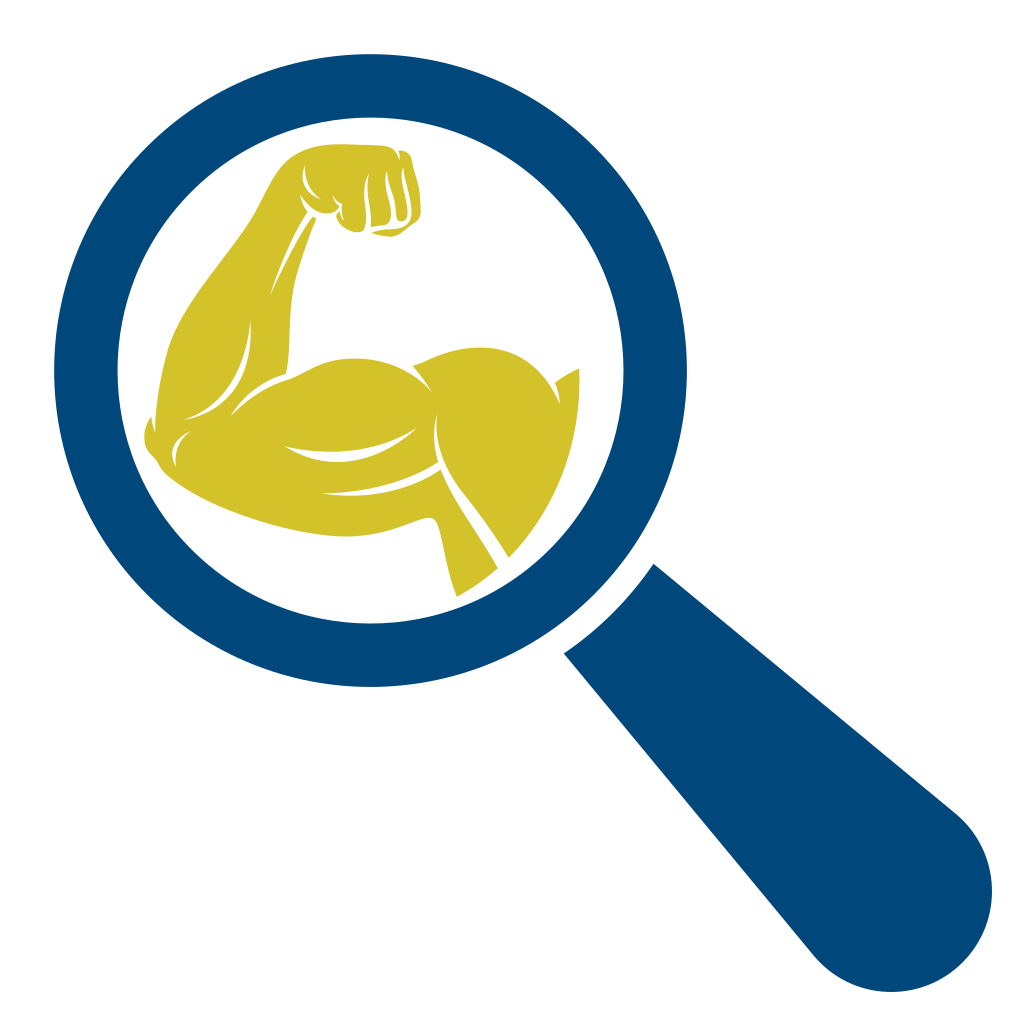The 10 common mistakes to avoid at the gym

Introduction
Training in the gym is an excellent way to improve your physical condition, but it comes with its share of pitfalls. Understanding and avoiding common mistakes is crucial to preventing injuries and optimizing results. Ignoring these mistakes can turn your workout into a series of missteps that hinder your goals. Let’s shed light on these errors to maximize your fitness experience.
Neglecting the warm-up
Impact on performance
The warm-up is often neglected by athletes eager to start their workout. However, it is essential for preparing your body and improving performance. By increasing heart rate and raising body temperature, the warm-up optimizes blood flow to the muscles, thereby enhancing your efficiency.
Injury risks
Without a proper warm-up, the risk of injury significantly increases. Cold muscles are less flexible and more prone to tearing. Skipping the warm-up can lead to sprains, tendinitis, and other injuries that not only interrupt your session but also set you back from your fitness goals.
Using poor technique
Consequences for the body
Adopting poor technique during exercises can have disastrous consequences. Incorrect movements can lead to injuries like lower back pain, sprains, or even joint injuries, compromising your long-term progress. Learn how to avoid these mistakes to maximize your efficiency.
Importance of guidance
It's wise to consult a personal trainer to correct your technique. An expert eye can prevent mistakes and guide you in performing movements correctly. This helps you avoid injuries while getting the most out of your workout.
Importance of execution
Taking the time to execute movements correctly with an appropriate load is crucial. Every fitness exercise should be performed with proper alignment and the correct range of motion. You can explore illustrated fitness tutorials on fitmetrics.ch to deepen your technique.
Skipping rest days
Muscle recovery
Rest days are just as important as training days. Contrary to what one might think, muscles grow during rest when muscle fibers repair and strengthen. Neglecting rest could be a mistake that hinders your progress.
Preventing overtraining
Overtraining can lead to fatigue, decreased performance, and injuries. A sign of excessive strain on the body, overtraining can become an obstacle to your physical development. Symptoms include headaches, persistent muscle soreness, and a lack of motivation. Taking time to recover is essential to avoid these pitfalls.
Not following a structured training program
Evaluating goals
Without clear and structured goals, your progress will be sporadic. Setting measurable and realistic goals is the first step toward sustainable success. Assess your abilities and needs before designing your program.
Benefits of a structured program
A well-designed program helps you maximize your results by structuring your effort and balancing your sessions. By incorporating variations and challenges, a structured program keeps your motivation high while improving your skills. Create your personalized program on FitMetrics, and make sure it meets your specific needs.
Ignoring hydration
Impact on performance
Dehydration can quickly impair your endurance and concentration, reducing the effectiveness of your workout. Adequate hydration is crucial for thermal regulation and toxin elimination. Maintaining fluid balance is vital for optimal performance.
Hydration tips
Be sure to drink before, during, and after your workout. Always carry a water bottle with you, and don't wait until you're thirsty to drink. A good rule of thumb is to aim for 0.5 liters for every hour of exercise.
Conclusion
Mistakes in the gym can turn a session into a nightmare. Whether it’s neglecting the warm-up, poor technique, skipping rest days, ignoring a structured program, or hydration, these errors hinder your progress. Being aware of and avoiding them will help you reach your fitness goals safely and effectively. Keep these tips in mind for an optimal fitness experience!
Credits

Sources
- American Council on Exercise (ACE) (acefitness.org)
- National Academy of Sports Medicine (NASM) (nasm.org)
- Mayo Clinic (mayoclinic.org)